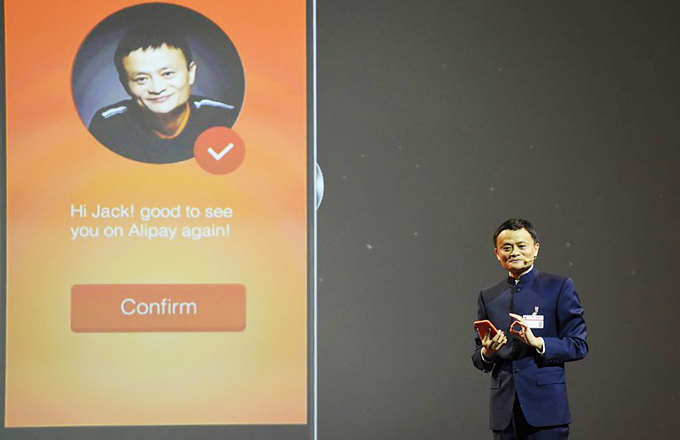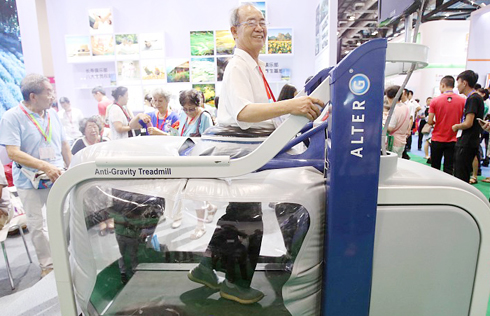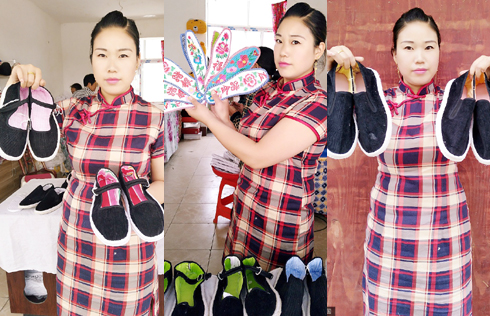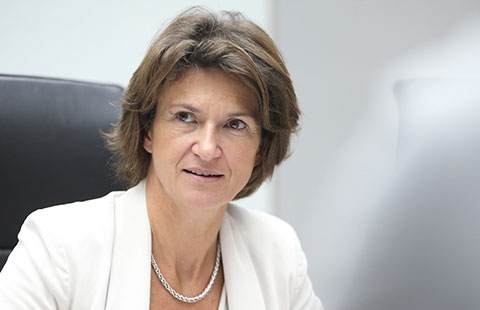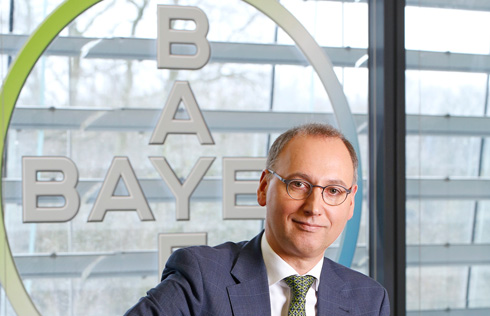Business accelerators smooth Anglo-Chinese trade
A new startup accelerator in London is the latest business venture set up to help new British companies export technology to China.
Chinese big data company BBD opened such an accelerator in London in June, with the aim of helping British and Chinese financial technology companies access each other's markets.
Within two months of opening, ten companies have joined the BBD Accelerator and some have achieved immediate results. For instance, Zhejiang University's Academy of Internet Finance has used its base at BBD to establish a partnership with the Cambridge-based information technology fi rm TAB and launch a crowd funding index in the United Kingdom.
Helen Wang, CEO of BBD UK, said her team helps member companies "grow and scale them up, especially assisting them to access the vast China market". BBD takes a percentage of profits rather than an upfront fee.
BBD is the fourth China-focused accelerator to be established in Britain. According to a report published in April by the innovation group Nesta and the UK government, there are 163 active accelerators in the UK supporting an estimated 3,660 new businesses per year.
Unlike traditional accelerators that provide shared office space, the report revealed that only 54 percent of them now offer office space, focusing instead on mentoring and financing. The BBD Accelerator focuses on advisory services instead of physical space, which also reduces costs.
Alan Barrell, a professor at the University of Cambridge's Judge Business School, highlighted the importance of experienced executive staff and advisors and connections to incubators and accelerators in China. "Successful accelerators are much more than buildings," he said.
In May, China Medical City set up a life sciences accelerator in London, which aims to attract British life science companies to its much bigger Taizhou-based life science accelerator with the same name.
Established in 2010, the Taizhou-based China Medical City already hosts more than 700 life science companies, but its UK accelerator will mostly be used to host meetings and publicity events with British life science companies.
Other earlier China-focused ac celerators have already achieved success. Canary Wharf-based Silk Ventures, established in 2015, reached breakeven in its first year of operation, and has 20 member companies.
Angelica Anton, founding partner of Silk Ventures, said her team's China connections is one of the main attractions for member companies. Anton worked with the foreign direct investment team at the Hangzhou local government before relocating to the UK.
Anton's views were echoed by Aldo de Pape, founder of the London-based Teach Pitch, an educational technology company and member of the Silk Ventures accelerator. "The connections Silk Ventures helped us establish in China was instrumental to our growth," said de Pape.
Last year Silk Ventures introduced Teach Pitch to China's Tsinghua University, which has since then invested in Teach Pitch through its investment fund. Teach Pitch has established a Beijing office and is now selling its software across a network of Chinese schools.





